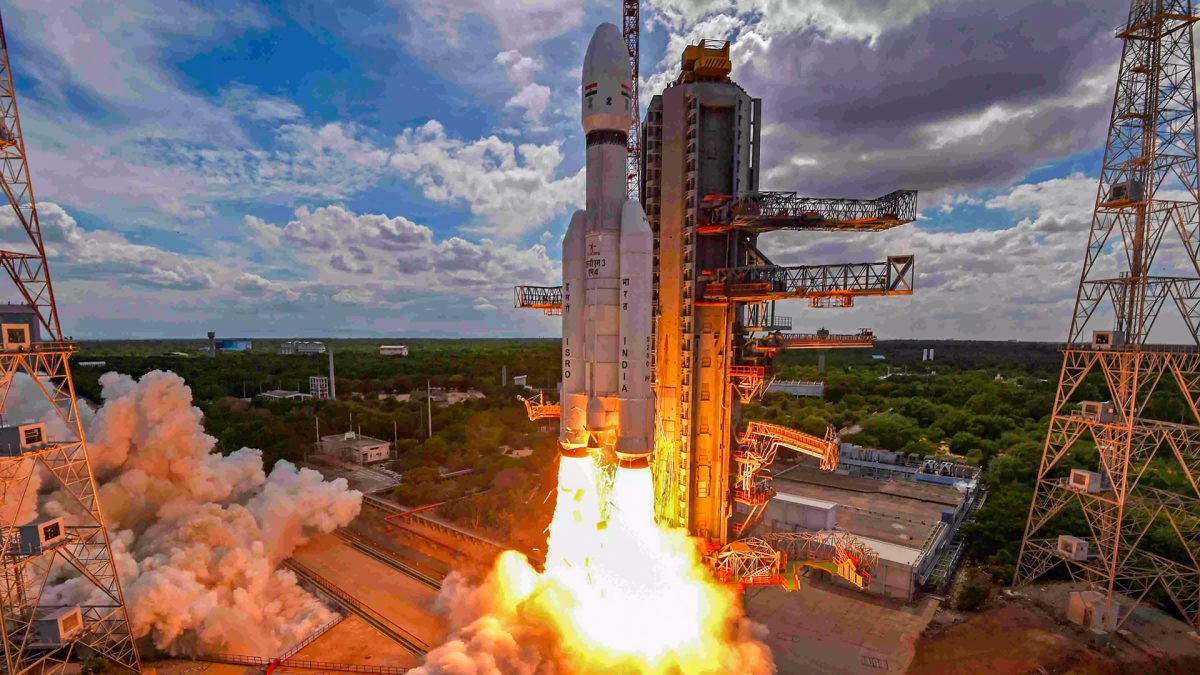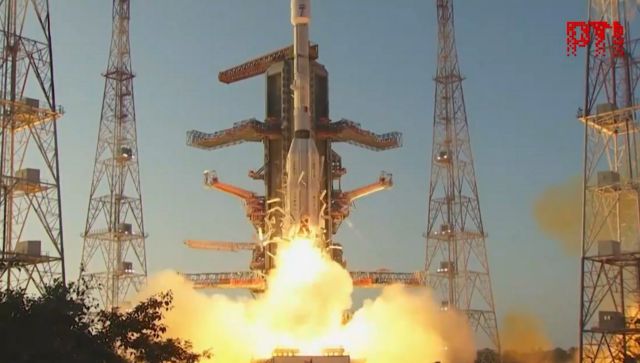On Monday, India lost one of its key space scientists, former ISRO chairman Udupi Ramachandra Rao. He was 85 when he breathed his last at his Bengaluru residence.
Rao, who nurtured a passion to take India to Mars, looked forward to the country’s maiden launch to Venus. We take a look at the story of one of the main architects of India’s space programme.
Early years
Born in Adamaru village near Udupi, Rao completed his Bachelors in Science from Madras University, MSc from Banaras Hindu University and PhD from Gujarat University under the guidance of Dr Vikram Sarabhai.
He taught at MIT and University of Texas at Dallas, before returning to India in 1966 as a professor at the Physical Research Laboratory, Ahmedabad.
Contribution to the Indian space scene
Rao initially worked as a cosmic ray scientist under Sarabhai. In the late 60s and 70s, Rao was working on satellite payloads and development of satellite technology with Sarabhai, reported International Business Times .
He played an instrumental role in several of ISRO’s projects, including the successful launch of India’s first satellite Aryabhata in 1975.
In a Livemint interview, Rao dubbed the project his “turning point”.
“The biggest challenge was that no one had any idea what a satellite was. I had some experience, none of the other people did,” he said, recalling the process behind the launch.
Serving as ISRO chairman
Rao, who held several top positions over the years, including many foreign universities, served as the chairman of ISRO from 1984-1994. For his services, he was conferred the Padma Vibhushan in January 2017, reported Deccan Herald . He was previously awarded the Padma Bhushan in 1976.
He was serving as the chairman of the governing council of the Physical Research Laboratory in Ahmedabad and the chancellor of the Indian Institute of Science and Technology in Thiruvananthapuram.
After taking charge as chairman of the Space Commission and secretary of Department of Space in 1984, Rao accelerated the development of rocket technology which led to the successful launch of Augmented Satellite Launch Vehicle (ASLV) rocket and the operational Polar Satellite Launch Vehicle (PSLV) launch vehicle, which can launch 2 ton class of satellites into polar orbit, his profile on the space agency’s website reads.
He also initiated the development of the Geo Stationary Launch Vehicle (GSLV) and the development of cryogenic technology in 1991.
Renaissance man
For his immense contribution to development of India’s space technology, Rao received many awards over the years. He was awarded an honorary degree from over 25 universities, according to a report in The Times of India .
He published over 350 scientific and technical papers covering cosmic rays, interplanetary physics, high energy astronomy, space applications, satellite and rocket technology and authored many books.
The former ISRO chief became the first Indian space scientist to be inducted in the prestigious Satellite Hall of Fame in Washington DC in 2013 and in International Astronautical Federation (IAF) into its Hall of Fame in Mexico’s Guadalajara.
With inputs from agencies


)




)
)
)
)
)
)
)
)